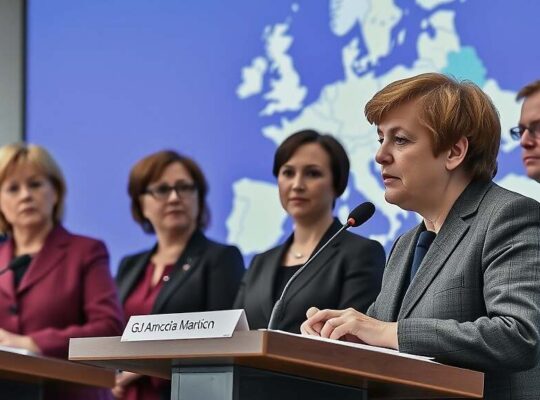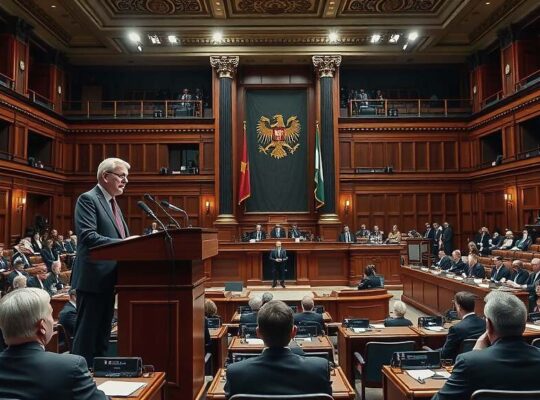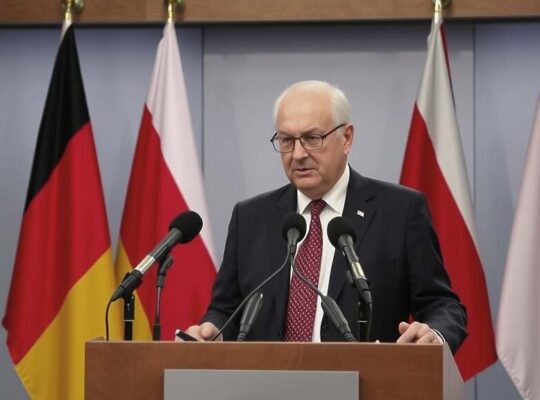The German Federal Labour Minister, Bärbel Bas, is facing mounting pressure to address a burgeoning crisis of organized fraud targeting the Bürgergeld (basic income support) system. A specialized conference scheduled for Monday in Duisburg will focus on the exploitation of the system by criminal networks, exploiting vulnerabilities linked to freedom of movement within the European Union.
The conference, convened at Duisburg’s city hall, underscores a critical political challenge for the ruling SPD, particularly as the forthcoming reform of Bürgergeld, rebranded as Grundsicherung, remains conspicuously silent on measures to combat this escalating issue. According to sources, the agenda will center on “problem areas and solutions related to migration from EU member states” a deliberate framing of a rapidly evolving situation.
Vanessa Ahuja, a board member of the Federal Employment Agency, is slated to present on “social fraud in the context of EU freedom of movement” outlining current patterns and potential preventative actions. Duisburg’s mayor, Sören Link, is also expected to contribute his own strategic proposals. The inclusion of Jobcenter employees and Natalie Pawlik, the State Minister for Migration and Integration, further emphasizes the inter-agency nature of the problem and the politically sensitive implications.
Minister Bas has repeatedly voiced concerns about the deliberate and systematic abuse of the welfare system, pledging decisive action. However, critics argue that the urgency of the situation demands swifter and more comprehensive intervention than currently reflected in her proposed Bürgergeld reform. Reports indicate that sophisticated criminal gangs are actively recruiting individuals, primarily from Romania, Bulgaria and other EU nations, enticing them to relocate to German urban centers like Duisburg. These individuals are then housed in dilapidated properties and the resulting state benefits are funneled back to the criminal organizations.
The conference highlights a widening gap between the government’s rhetoric regarding welfare protection and the reality of criminal exploitation, raising serious questions about the efficacy of existing monitoring and enforcement mechanisms and placing a significant test of the SPD’s commitment to both social welfare and law enforcement. The effectiveness of the Duisburg conference’s outcomes and the subsequent legislative response will be crucial in determining the long-term impact on the integrity of Germany’s social support system and the trust of its citizenry.












